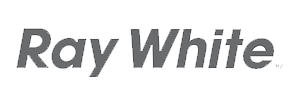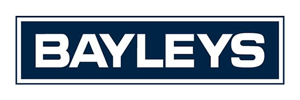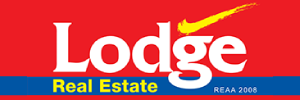 New minimum standards for rental properties under the Residential Tenancies Act 1986 aim to make homes warmer, drier and safer without placing a huge burden on landlords. This new legislation includes rules relating to the installation of smoke alarms in rental properties.
New minimum standards for rental properties under the Residential Tenancies Act 1986 aim to make homes warmer, drier and safer without placing a huge burden on landlords. This new legislation includes rules relating to the installation of smoke alarms in rental properties.
We all know about the importance of smoke alarms. The New Zealand Fire Service have run a number of effective advertising campaigns, showing us how smoke alarms save lives. New legislation means the responsibility of looking after smoke alarms and potentially saving lives falls to the landlord.
The minimum standards for smoke alarms in rented properties
From 1 July 2016:
- All rental properties must have a minimum of one working smoke alarm within three metres of each bedroom door.
- Where properties are single-roomed, like self-contained sleep-outs, containers or caravans there must be at least one working smoke alarm installed.
- In a multi-level unit or apartment block, each floor must have at least one working smoke alarm.
- In new investment properties or where there are currently no smoke alarms installed, from 1 July 2016 landlords must install long-life photoelectric smoke alarms.
These are the minimum standards, and you may wish to install more depending on the size and value of your property. What’s the cost of a smoke alarm versus the cost of not having enough?
Whose responsibility is it to check a smoke alarm's batteries?
- In-between each tenancy it’s the landlord’s responsibility to ensure there are fresh batteries and that smoke alarms are working.
- During a tenancy it’s the tenant’s responsibility to change the nine volt batteries of standard smoke alarms.
Read more: Minimum insulation standards for rental properties
Why does the new legislation advocate for photoelectric smoke alarms?
Photoelectric smoke alarms are very good at sensing smouldering or smoking fires. The kind that are caused when cooking or incense sticks have been left unattended. Smoke affects how much light is able to reach a sensor inside the alarm, which sets off the siren. In addition to providing more protection, long-life photoelectric smoke alarms don’t use a standard nine volt battery, and over time prove to be more cost effective as batteries don’t need to be changed so frequently.
Changing the batteries of these newer smoke alarms can be more difficult than the regular nine volt ones, so the responsibility over time may move to the landlord.
Additional fire protection points to consider:
- In new builds or during major renovations you may want to consider installing hardwired smoke alarms. You don’t need to replace the batteries, and in most cases they have a backup system, so the alarm will still sound even if there’s no power at the property.
- Currently there’s no obligation, either in new government legislation or proposed under Labour’s Healthy Homes Guarantee Bill to install anything more than smoke alarms. If you’re building new investment properties, you may want to consider home sprinkler systems. A typical house fire can cause around $42,000 in damage. Sprinklers will put out fires whether your tenants are in the building or not, and will respond faster than a 111 call.
- Of course, home sprinkler systems and hard-wired smoke alarms will not be economically viable for every property, and it’s unlikely government will introduce them as a standard.
Keeping up with tenancy law changes is an important responsibility of being a landlord. Download our free guide to learn how to avoid other risks associated with owning and managing your rental property.










